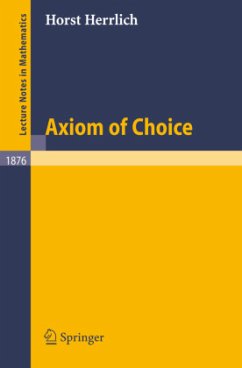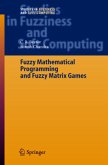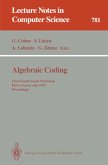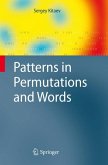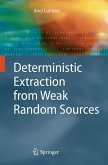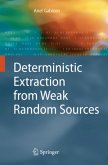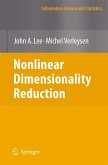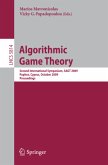AC, the axiom of choice, because of its non-constructive character, is the most controversial mathematical axiom, shunned by some, used indiscriminately by others. This treatise shows paradigmatically that:
- Disasters happen without AC: Many fundamental mathematical results fail (being equivalent in ZF to AC or to some weak form of AC).
- Disasters happen with AC: Many undesirable mathematical monsters are being created (e.g., non measurable sets and undeterminate games).
- Some beautiful mathematical theorems hold only if AC is replaced by some alternative axiom, contradicting AC (e.g., by AD, the axiom of determinateness).
Illuminating examples are drawn from diverse areas of mathematics, particularly from general topology, but also from algebra, order theory, elementary analysis, measure theory, game theory, and graph theory.
- Disasters happen without AC: Many fundamental mathematical results fail (being equivalent in ZF to AC or to some weak form of AC).
- Disasters happen with AC: Many undesirable mathematical monsters are being created (e.g., non measurable sets and undeterminate games).
- Some beautiful mathematical theorems hold only if AC is replaced by some alternative axiom, contradicting AC (e.g., by AD, the axiom of determinateness).
Illuminating examples are drawn from diverse areas of mathematics, particularly from general topology, but also from algebra, order theory, elementary analysis, measure theory, game theory, and graph theory.
From the reviews:
"The book is an excellent introduction to the Axiom of Choice, its consequences and even its possible replacements. Although the author claims not to have written a textbook, compendium or history, the book might be used as any of these three. ... there are many diagrams throughout the text and in the appendix detailing the relationships between the Axiom of Choice and its consequences. It certainly fulfills its stated purpose of whetting the reader's appetite for studying the ZF universe." (Paul E. Howard, Mathematical Reviews, Issue 2007 f)
"The book is an excellent introduction to the Axiom of Choice, its consequences and even its possible replacements. Although the author claims not to have written a textbook, compendium or history, the book might be used as any of these three. ... there are many diagrams throughout the text and in the appendix detailing the relationships between the Axiom of Choice and its consequences. It certainly fulfills its stated purpose of whetting the reader's appetite for studying the ZF universe." (Paul E. Howard, Mathematical Reviews, Issue 2007 f)

